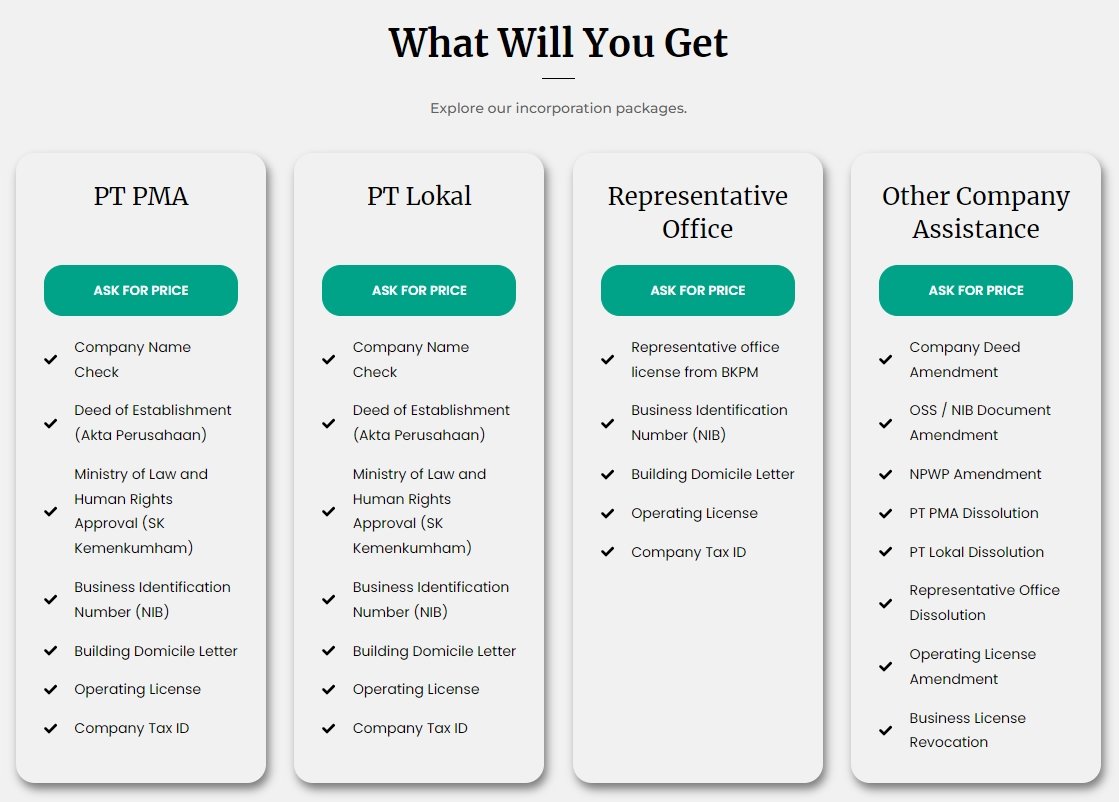Business Process Outsourcing (BPO) is a strategic practice where companies delegate specific business functions to external service providers. This approach allows businesses to focus on core activities while leveraging specialized expertise for non-core tasks. In this comprehensive guide, we will explore the concept of BPO, its benefits, challenges, and best practices to help modern enterprises navigate the outsourcing landscape effectively.
What is Business Process Outsourcing?

Business Process Outsourcing involves contracting third-party vendors to handle specific business operations. These operations can range from customer service and payroll processing to IT services and human resources management. BPO can be categorized into two main types:
1. Front-office BPO
Involves customer-facing services such as customer support, marketing, and sales.
2. Back-office BPO
Encompasses internal business functions such as accounting, human resources, and IT services.
Benefits of Business Process Outsourcing

1. Cost Efficiency
One of the primary reasons companies opt for BPO is cost savings. Outsourcing enables businesses to reduce overhead costs associated with hiring, training, and maintaining in-house staff. Additionally, service providers located in regions with lower labor costs can offer competitive pricing, further enhancing cost efficiency.
2. Access to Expertise
BPO providers specialize in specific business functions, offering a high level of expertise and experience. By outsourcing, companies gain access to industry best practices and cutting-edge technologies, ensuring that their operations are handled by professionals who are well-versed in their respective fields.
3. Focus on Core Competencies
Outsourcing non-core functions allows businesses to concentrate on their core competencies and strategic initiatives. This focus can lead to improved innovation, product development, and overall business growth, as internal resources are redirected toward activities that directly impact the company’s bottom line.
4. Scalability and Flexibility
BPO offers scalability, enabling businesses to adjust their operations based on demand. Whether it’s scaling up during peak seasons or downsizing during slower periods, outsourcing provides the flexibility to adapt without the complexities associated with managing internal teams.
5. Enhanced Efficiency
Service providers utilize advanced technologies and streamlined processes to deliver services efficiently. This can lead to faster turnaround times, improved accuracy, and higher quality outcomes, ultimately enhancing the overall efficiency of business operations.
Challenges of Business Process Outsourcing

1. Data Security and Privacy
Outsourcing involves sharing sensitive business information with external vendors, raising concerns about data security and privacy. Companies must ensure that their service providers adhere to strict security protocols and comply with relevant regulations to protect their data.
2. Communication and Coordination
Effective communication and coordination are crucial for the success of BPO partnerships. Time zone differences, cultural barriers, and language issues can pose challenges. Establishing clear communication channels and regular updates is essential to maintain alignment and avoid misunderstandings.
3. Quality Control
Maintaining consistent quality can be challenging when outsourcing business processes. Companies must establish robust quality control measures and performance metrics to ensure that service providers meet the desired standards.
4. Dependency on Service Providers
Over-reliance on external vendors can create dependency risks. Companies should have contingency plans in place and consider diversifying their outsourcing portfolio to mitigate the impact of service provider disruptions.
5. Transition and Integration
The transition to outsourcing can be complex, involving significant changes to existing workflows and systems. Proper planning and change management are essential to ensure a smooth transition and seamless integration of outsourced services.
Best Practices for Successful Business Process Outsourcing

1. Define Clear Objectives
Before engaging in BPO, companies should clearly define their objectives and expectations. This includes identifying the specific processes to be outsourced, the desired outcomes, and the metrics for measuring success.
2. Choose the Right Partner
Selecting the right BPO partner is critical. Companies should conduct thorough due diligence, evaluating potential vendors based on their expertise, track record, technology capabilities, and cultural fit. References and client testimonials can provide valuable insights into the vendor’s performance.
3. Establish Strong Governance
Effective governance is key to managing outsourcing relationships. Companies should establish a governance framework that includes regular performance reviews, clear roles and responsibilities, and escalation procedures for addressing issues.
4. Focus on Communication
Open and transparent communication is essential for successful BPO partnerships. Regular meetings, progress reports, and feedback sessions help maintain alignment and address any concerns promptly. Utilizing collaboration tools can facilitate seamless communication between internal teams and external vendors.
5. Monitor and Evaluate Performance
Continuous monitoring and evaluation of the BPO provider’s performance are crucial to ensure that service levels are maintained. Key performance indicators (KPIs) and service level agreements (SLAs) should be established to measure performance and drive continuous improvement.
6. Prioritize Security and Compliance
Data security and compliance should be top priorities in any BPO arrangement. Companies must ensure that their service providers adhere to strict security protocols and comply with relevant regulations. Regular audits and security assessments can help identify and address potential vulnerabilities.
7. Plan for Contingencies
Having contingency plans in place is essential to mitigate risks associated with outsourcing. This includes having backup vendors, disaster recovery plans, and strategies for handling service disruptions. Diversifying the outsourcing portfolio can also reduce dependency on a single provider.
Business Process Outsourcing offers significant advantages for modern enterprises, including cost savings, access to expertise, and increased operational efficiency.
View this post on Instagram
However, it also comes with its own set of challenges, such as data security concerns and quality control issues. By following best practices, such as selecting the right partner, establishing strong governance, and prioritizing communication, companies can successfully navigate the outsourcing landscape and maximize the benefits of BPO.
Whether it’s front-office customer service or back-office administrative tasks, BPO can be a valuable strategy for businesses looking to optimize their operations and achieve long-term growth.






